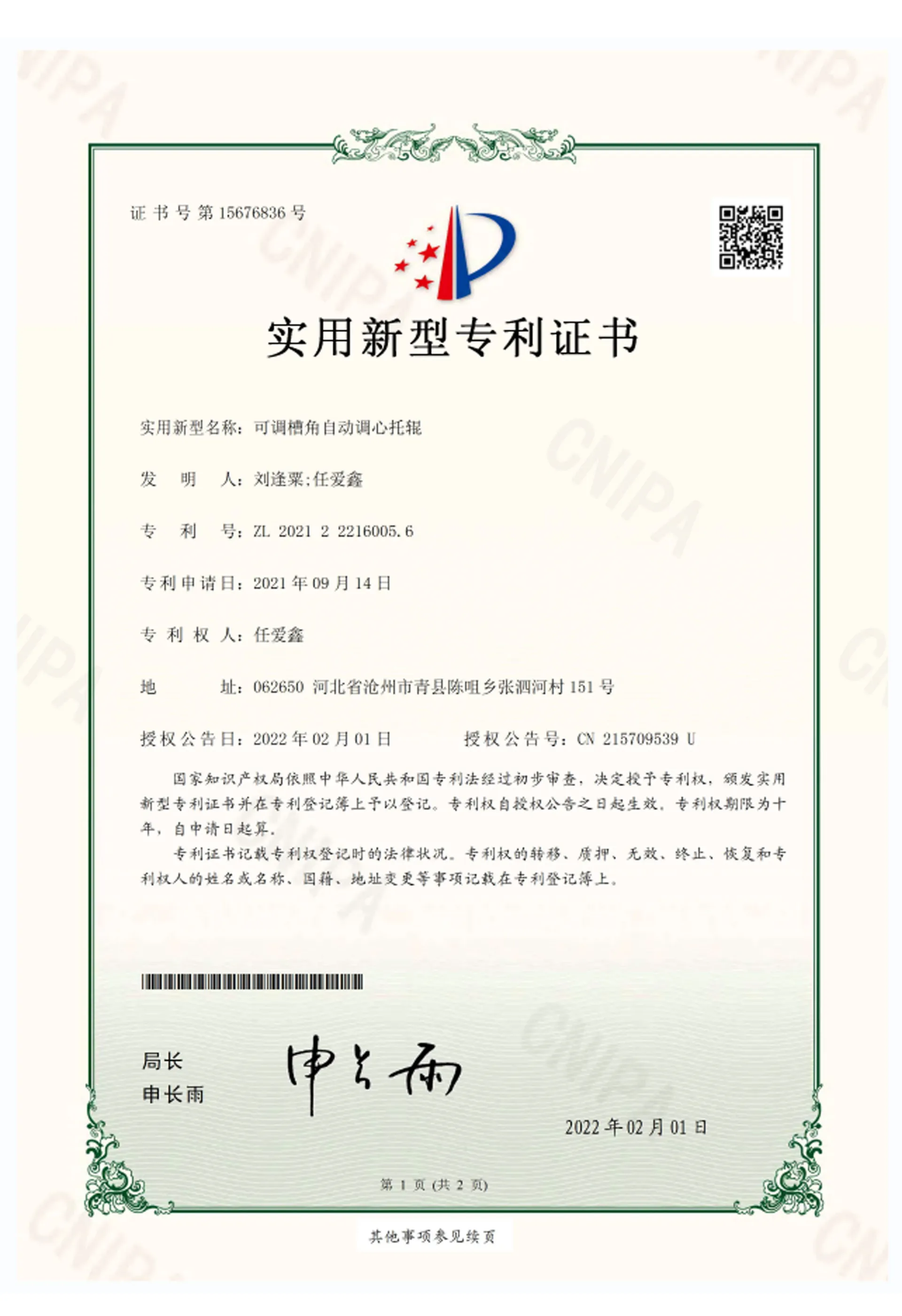 Afrikaans
Afrikaans  Albanian
Albanian  Amharic
Amharic  Arabic
Arabic  Armenian
Armenian  Azerbaijani
Azerbaijani  Basque
Basque  Belarusian
Belarusian  Bengali
Bengali  Bosnian
Bosnian  Bulgarian
Bulgarian  Catalan
Catalan  Cebuano
Cebuano  Corsican
Corsican  Croatian
Croatian  Czech
Czech  Danish
Danish  Dutch
Dutch  English
English  Esperanto
Esperanto  Estonian
Estonian  Finnish
Finnish  French
French  Frisian
Frisian  Galician
Galician  Georgian
Georgian  German
German  Greek
Greek  Gujarati
Gujarati  Haitian Creole
Haitian Creole  hausa
hausa  hawaiian
hawaiian  Hebrew
Hebrew  Hindi
Hindi  Miao
Miao  Hungarian
Hungarian  Icelandic
Icelandic  igbo
igbo  Indonesian
Indonesian  irish
irish  Italian
Italian  Japanese
Japanese  Javanese
Javanese  Kannada
Kannada  kazakh
kazakh  Khmer
Khmer  Rwandese
Rwandese  Korean
Korean  Kurdish
Kurdish  Kyrgyz
Kyrgyz  Lao
Lao  Latin
Latin  Latvian
Latvian  Lithuanian
Lithuanian  Luxembourgish
Luxembourgish  Macedonian
Macedonian  Malgashi
Malgashi  Malay
Malay  Malayalam
Malayalam  Maltese
Maltese  Maori
Maori  Marathi
Marathi  Mongolian
Mongolian  Myanmar
Myanmar  Nepali
Nepali  Norwegian
Norwegian  Norwegian
Norwegian  Occitan
Occitan  Pashto
Pashto  Persian
Persian  Polish
Polish  Portuguese
Portuguese  Punjabi
Punjabi  Romanian
Romanian  Russian
Russian  Samoan
Samoan  Scottish Gaelic
Scottish Gaelic  Serbian
Serbian  Sesotho
Sesotho  Shona
Shona  Sindhi
Sindhi  Sinhala
Sinhala  Slovak
Slovak  Slovenian
Slovenian  Somali
Somali  Spanish
Spanish  Sundanese
Sundanese  Swahili
Swahili  Swedish
Swedish  Tagalog
Tagalog  Tajik
Tajik  Tamil
Tamil  Tatar
Tatar  Telugu
Telugu  Thai
Thai  Turkish
Turkish  Turkmen
Turkmen  Ukrainian
Ukrainian  Urdu
Urdu  Uighur
Uighur  Uzbek
Uzbek  Vietnamese
Vietnamese  Welsh
Welsh  Bantu
Bantu  Yiddish
Yiddish  Yoruba
Yoruba  Zulu
Zulu Exploring Innovative Belt Wiper Solutions for Enhanced Efficiency and Performance
The Importance of Belt Wipers in Modern Machinery
In today's fast-paced industrial environment, the efficiency and cleanliness of machinery play crucial roles in maintaining production standards. One often-overlooked component that contributes significantly to this efficiency is the belt wiper. Belt wipers, which are typically used in conjunction with conveyor systems, serve multiple purposes, enhancing both the functionality and longevity of various types of equipment.
What are Belt Wipers?
Belt wipers are specialized devices designed to remove debris, dust, and other contaminants from the surfaces of conveyor belts. They are usually installed at strategic points along the conveyor system where material transfers take place or where dirt accumulation is likely. By effectively cleaning the belt, these wipers help prevent build-up that can lead to operational inefficiencies or even downtime caused by equipment failure.
Importance in Material Handling
In industries such as food processing, pharmaceuticals, and manufacturing, the cleanliness of machinery is paramount. Contaminants can compromise product quality. Belt wipers help maintain hygiene standards by ensuring that any debris is quickly removed from the belt before it can come into contact with the product. This not only aids in compliance with health and safety regulations but also protects a company’s reputation by ensuring consistency in product quality.
Enhancing Equipment Longevity
One of the more understated benefits of using belt wipers is their role in extending the lifespan of conveyor belts and other machinery components. Foreign particles, if left unchecked, can cause premature wear and tear on belts. By maintaining a clean surface, belt wipers reduce friction and the chances of abrasion, which significantly prolongs the life of both the belt and the entire conveyor system. This translates into significant cost savings over time, as companies can avoid frequent replacements and costly repairs.
belt wiper

Types of Belt Wipers
Belt wipers come in various designs and materials, catering to the specific needs of different industries. For instance, some wipers are made from rubber, while others are constructed from more resilient materials like polyurethane or stainless steel. The choice of material often depends on the environment in which the wiper operates—oily environments may require more durable wipers, whereas food processing could necessitate food-grade materials that comply with health standards.
Additionally, belt wipers can be fixed or adjustable, depending on the level of cleanliness required. Adjustable wipers are particularly advantageous as they allow operators to increase or decrease the pressure applied to the belt, accommodating for different operational conditions.
Maintenance and Upkeep
While belt wipers are essential for operational efficiency, they themselves require regular maintenance to function effectively. This includes routine inspections to ensure they are clean, properly aligned, and not worn out. Neglecting this maintenance can negate the benefits they provide and lead to inadequate cleaning, contributing to a cycle of inefficiency.
Conclusion
In conclusion, belt wipers may seem like a small component in the grand scheme of industrial machinery, but their impact is significant. By ensuring that conveyor belts and other equipment remain clean, they help maintain productivity, enhance product quality, and extend the life of valuable machinery. Companies that recognize the importance of belt wipers and invest in their maintenance will undoubtedly reap the rewards in efficiency and cost-effectiveness. As industries continue to evolve, the role of belt wipers will only become more crucial in the quest for operational excellence.
-
Revolutionizing Conveyor Reliability with Advanced Rubber Lagging PulleysNewsJul.22,2025
-
Powering Precision and Durability with Expert Manufacturers of Conveyor ComponentsNewsJul.22,2025
-
Optimizing Conveyor Systems with Advanced Conveyor AccessoriesNewsJul.22,2025
-
Maximize Conveyor Efficiency with Quality Conveyor Idler PulleysNewsJul.22,2025
-
Future-Proof Your Conveyor System with High-Performance Polyurethane RollerNewsJul.22,2025
-
Driving Efficiency Forward with Quality Idlers and RollersNewsJul.22,2025





























